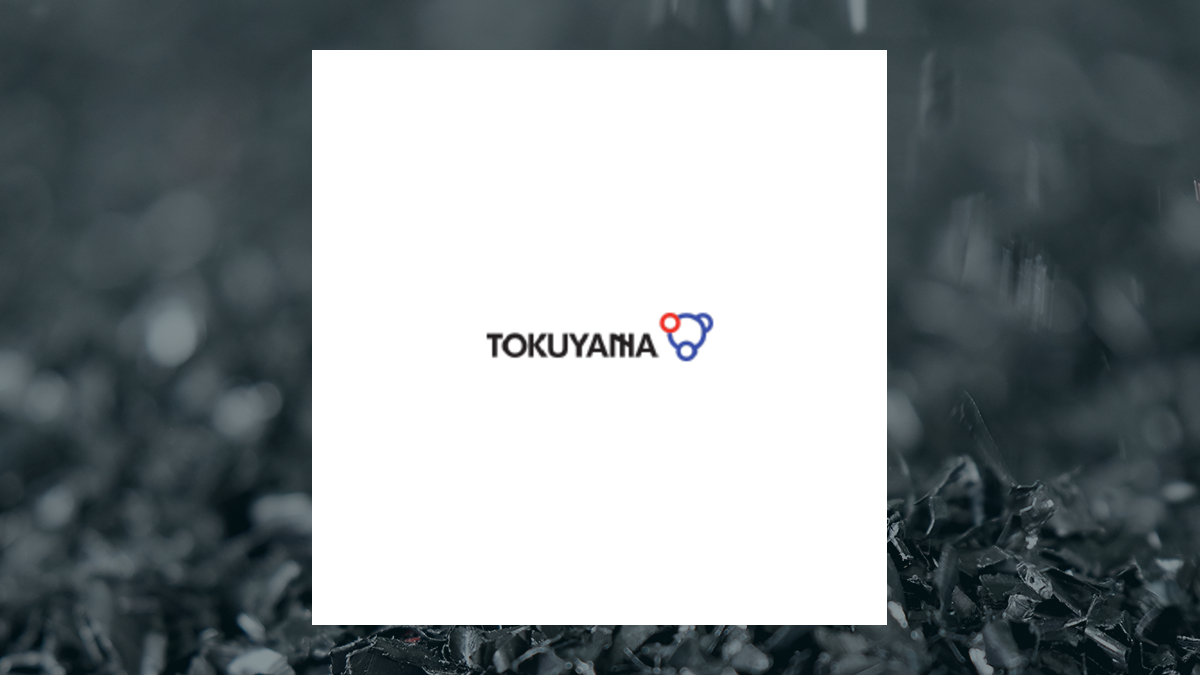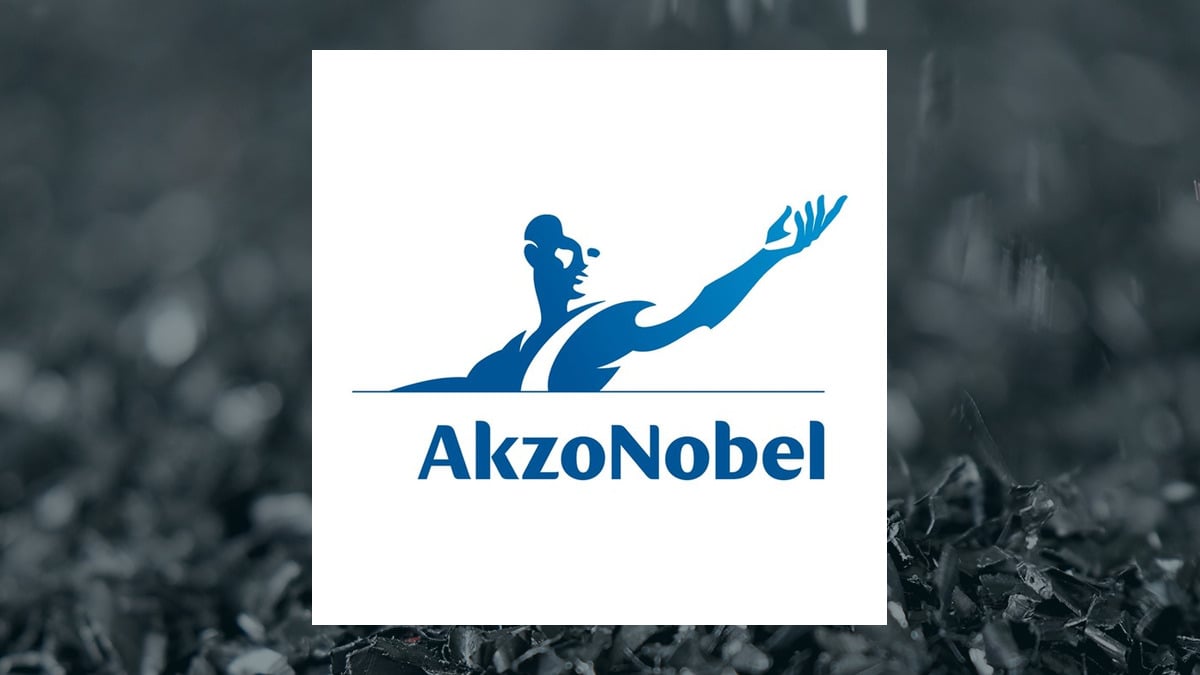Tokuyama (OTCMKTS:TKYMY – Get Free Report) and Akzo Nobel (OTCMKTS:AKZOY – Get Free Report) are both basic materials companies, but which is the better investment? We will compare the two companies based on the strength of their risk, earnings, institutional ownership, dividends, analyst recommendations, valuation and profitability.
Dividends
Tokuyama pays an annual dividend of $0.23 per share and has a dividend yield of 2.1%. Akzo Nobel pays an annual dividend of $0.95 per share and has a dividend yield of 4.4%. Tokuyama pays out 23.7% of its earnings in the form of a dividend. Akzo Nobel pays out 106.7% of its earnings in the form of a dividend, suggesting it may not have sufficient earnings to cover its dividend payment in the future.
Analyst Recommendations
This is a summary of recent ratings and recommmendations for Tokuyama and Akzo Nobel, as reported by MarketBeat.
| Sell Ratings | Hold Ratings | Buy Ratings | Strong Buy Ratings | Rating Score | |
| Tokuyama | 0 | 0 | 0 | 0 | 0.00 |
| Akzo Nobel | 0 | 0 | 2 | 0 | 3.00 |
Insider and Institutional Ownership
Profitability
This table compares Tokuyama and Akzo Nobel’s net margins, return on equity and return on assets.
| Net Margins | Return on Equity | Return on Assets | |
| Tokuyama | 6.10% | 8.31% | 4.75% |
| Akzo Nobel | 4.08% | 13.48% | 4.39% |
Risk and Volatility
Tokuyama has a beta of 0.14, suggesting that its stock price is 86% less volatile than the S&P 500. Comparatively, Akzo Nobel has a beta of 1.06, suggesting that its stock price is 6% more volatile than the S&P 500.
Earnings & Valuation
This table compares Tokuyama and Akzo Nobel”s gross revenue, earnings per share and valuation.
| Gross Revenue | Price/Sales Ratio | Net Income | Earnings Per Share | Price/Earnings Ratio | |
| Tokuyama | $2.25 billion | 0.71 | $154.35 million | $0.97 | 11.44 |
| Akzo Nobel | $11.59 billion | 0.95 | $586.50 million | $0.89 | 24.13 |
Akzo Nobel has higher revenue and earnings than Tokuyama. Tokuyama is trading at a lower price-to-earnings ratio than Akzo Nobel, indicating that it is currently the more affordable of the two stocks.
Summary
Akzo Nobel beats Tokuyama on 10 of the 14 factors compared between the two stocks.
About Tokuyama
 Tokuyama Corporation produces and sells various chemical products in Japan. The company operates through six segments: Chemicals, Cement, Electronics and Advanced Materials, Life Science, Eco Business, and Others. The Chemicals segment offers caustic soda, soda ash, calcium chloride, sodium silicate cullet, sodium bicarbonate, purified, vinyl chloride monomer, polyvinyl chloride resin, propylene oxide, methylene chloride, and chloroform. The Cement segment provides cement, ready-mixed concrete, and cement-type stabilizer, as well as engages in the resource recycling business. The Electronic and Advanced Materials segment provides polycrystalline silicon; fumed silica and tetrachlorosilane; aluminum nitride; high-purity chemicals for electronics manufacturing and photoresist developer; and isopropyl alcohol. The Life Science segment provides medical diagnosis systems, dental materials and equipment, pharmaceutical ingredients and intermediates, plastic lens-related materials for glasses, and microporous film. The Eco Business segment offers plastic window sashes, ion exchange membranes, as well as engages in waste gypsum board recycling activity. The company was formerly known as Tokuyama Soda Co., Ltd. and changed its name to Tokuyama Corporation in April 1994. Tokuyama Corporation was incorporated in 1918 and is headquartered in Tokyo, Japan.
Tokuyama Corporation produces and sells various chemical products in Japan. The company operates through six segments: Chemicals, Cement, Electronics and Advanced Materials, Life Science, Eco Business, and Others. The Chemicals segment offers caustic soda, soda ash, calcium chloride, sodium silicate cullet, sodium bicarbonate, purified, vinyl chloride monomer, polyvinyl chloride resin, propylene oxide, methylene chloride, and chloroform. The Cement segment provides cement, ready-mixed concrete, and cement-type stabilizer, as well as engages in the resource recycling business. The Electronic and Advanced Materials segment provides polycrystalline silicon; fumed silica and tetrachlorosilane; aluminum nitride; high-purity chemicals for electronics manufacturing and photoresist developer; and isopropyl alcohol. The Life Science segment provides medical diagnosis systems, dental materials and equipment, pharmaceutical ingredients and intermediates, plastic lens-related materials for glasses, and microporous film. The Eco Business segment offers plastic window sashes, ion exchange membranes, as well as engages in waste gypsum board recycling activity. The company was formerly known as Tokuyama Soda Co., Ltd. and changed its name to Tokuyama Corporation in April 1994. Tokuyama Corporation was incorporated in 1918 and is headquartered in Tokyo, Japan.
About Akzo Nobel
 Akzo Nobel N.V. engages in the production and sale of paints and coatings worldwide. The company operates through two segments: Decorative Paints and Performance Coatings. It offers decorative paints, including paints, lacquers, and varnishes; and a range of mixing machines and color concepts for the building and renovation industry, as well as specialty coatings. The company also provides performance coatings that protect and enhance ships, cars, aircraft, yachts, architectural components, consumer goods, and oil and gas facilities. It offers its products under AkzoNobel, Alabastine, Alba, Andercol, Apla, Armstead Trade, Astral, Astral Batiment, AwlGrip, Brikol, Dulux, Bruguer, Cetabever, Cetol, Chemcraft, Colourland Paints, CONSOLAN, Coral, Cromadex, Cuprinol, Dynacoat, Flexa, Glitsa, Grip-Gard, Herbol, Hammerite, International, Interlux, Innenweis, Interpon, Inca, Luxol, Levis, Lesonal, Molto, Modern Classikk, Maxilite, Mauvilac, Mason CT, Marshall, Mactra, Nordsjo, Oxirite, Protecto, Procolor, Polyfilla, Polycell, Pinotex, Pintuco, Resicoat, Relest, Sparlack, Sadolin, Sikkens, Sea Hawk, Savana, Salcomix, Trimetal, Titanlux, Taubmans, U-tech, Vpowdertech, Vivechrom, Xylazel, Xyladecor, Wanda, and Zweihorn brands. The company serves to energy, packaging, infrastructure, and shipbuilding and maintenance industries, as well as general industries, such as agricultural and construction equipment, construction-related steel, metal fabrication, pipes, appliances, and transportation. The company was formerly known as Akzo NV and changed its name to Akzo Nobel N.V. in 1994. Akzo Nobel N.V. was founded in 1646 and is headquartered in Amsterdam, the Netherlands.
Akzo Nobel N.V. engages in the production and sale of paints and coatings worldwide. The company operates through two segments: Decorative Paints and Performance Coatings. It offers decorative paints, including paints, lacquers, and varnishes; and a range of mixing machines and color concepts for the building and renovation industry, as well as specialty coatings. The company also provides performance coatings that protect and enhance ships, cars, aircraft, yachts, architectural components, consumer goods, and oil and gas facilities. It offers its products under AkzoNobel, Alabastine, Alba, Andercol, Apla, Armstead Trade, Astral, Astral Batiment, AwlGrip, Brikol, Dulux, Bruguer, Cetabever, Cetol, Chemcraft, Colourland Paints, CONSOLAN, Coral, Cromadex, Cuprinol, Dynacoat, Flexa, Glitsa, Grip-Gard, Herbol, Hammerite, International, Interlux, Innenweis, Interpon, Inca, Luxol, Levis, Lesonal, Molto, Modern Classikk, Maxilite, Mauvilac, Mason CT, Marshall, Mactra, Nordsjo, Oxirite, Protecto, Procolor, Polyfilla, Polycell, Pinotex, Pintuco, Resicoat, Relest, Sparlack, Sadolin, Sikkens, Sea Hawk, Savana, Salcomix, Trimetal, Titanlux, Taubmans, U-tech, Vpowdertech, Vivechrom, Xylazel, Xyladecor, Wanda, and Zweihorn brands. The company serves to energy, packaging, infrastructure, and shipbuilding and maintenance industries, as well as general industries, such as agricultural and construction equipment, construction-related steel, metal fabrication, pipes, appliances, and transportation. The company was formerly known as Akzo NV and changed its name to Akzo Nobel N.V. in 1994. Akzo Nobel N.V. was founded in 1646 and is headquartered in Amsterdam, the Netherlands.
Receive News & Ratings for Tokuyama Daily - Enter your email address below to receive a concise daily summary of the latest news and analysts' ratings for Tokuyama and related companies with MarketBeat.com's FREE daily email newsletter.
